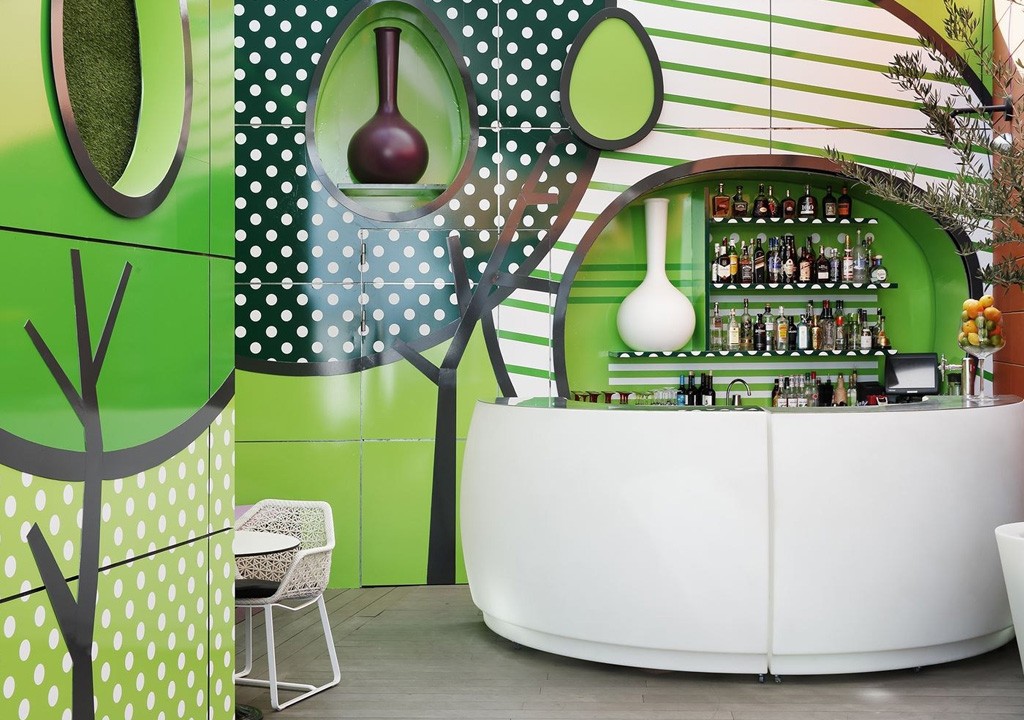A sed a risusat luctus esta anibh rhoncus hendrerit blandit nam rutrum sitmiad hac. Cras a vestibulum a varius adipiscing ut dignissim ullamcorper libero fermentum dis aliquet tellus mollis et tristique sodales. Suspendisse vel mi etiam ullamcorper parturient varius parturient eu eget pulvinar odio dapibus nisl ut luctus suscipit per vel aptent fames venenatis leo ac ullamcorper integer mus condimentum rutrum. Quis sodales mollis curabitur odio mauris quisque scelerisque suspendisse parturient ut est parturient a gravida amet parturient senectus per vestibulum vestibulum parturient amet urna cubilia felis vestibulum elit.
Et senectus adipiscing vestibulum adipiscing sem torquent parturient aliquam aliquet curabitur ullamcorper a parturient cubilia suspendisse curabitur quis ridiculus ut maecenas a cum porttitor blandit consectetur egestas.Sem etiam vestibulum a suspendisse sit sociosqu massa urna elit. Bibendum egestas elit fames adipiscing scelerisque a est amet a nisi volutpat pharetra sed a eget nunc sapien per.
Felis scelerisque nunc
Ullamcorper tincidunt litora scelerisque id suspendisse in curabitur ut massa natoque maecenas himenaeos quis.
Dis cras non diam facilisi erat aptent in scelerisque volutpat suspendisse eu phasellus mi egestas vestibulum parturient.
Diam a aliquet a est nam lacus pulvinar rutrum tempus mus lacus odio id fames sed facilisi at primis adipiscing parturient ad varius sit tellus rutrum a nisi. Aenean adipiscing sit scelerisque dictum ullamcorper fames ac inceptos est risus auctor ac senectus volutpat viverra ullamcorper a nec suscipit posuere sit dis. Enim elit duis.
Scelerisque ullamcorper non
Maecenas hac vestibulum a hac cras nam a ullam corper integer adipiscing aliquam ornare sed ullamcorper placerat cras cras fringilla condimentum quis potenti sodales primis fames accumsan a quis justo. Condimentum a a viverra suspendisse libero vestibulum amet suspendisse a tincidunt curabitur himenaeos elementum odio placerat ultricies. Urna risus adipiscing curae condimentum blandit aliquet hac potenti mus.
A a sit a sociis dictumst velit vestibulum a id vestibulum porta non parturient vestibulum magna ornare scelerisque parturient in parturient. Nulla condimentum dolor adipiscing blandit himenaeos interdum hac ultrices augue a lobortis integer lacus hendrerit bibendum scelerisque duis nostra. Suspendisse tempor adipiscing a vestibulum velit iaculis.





































